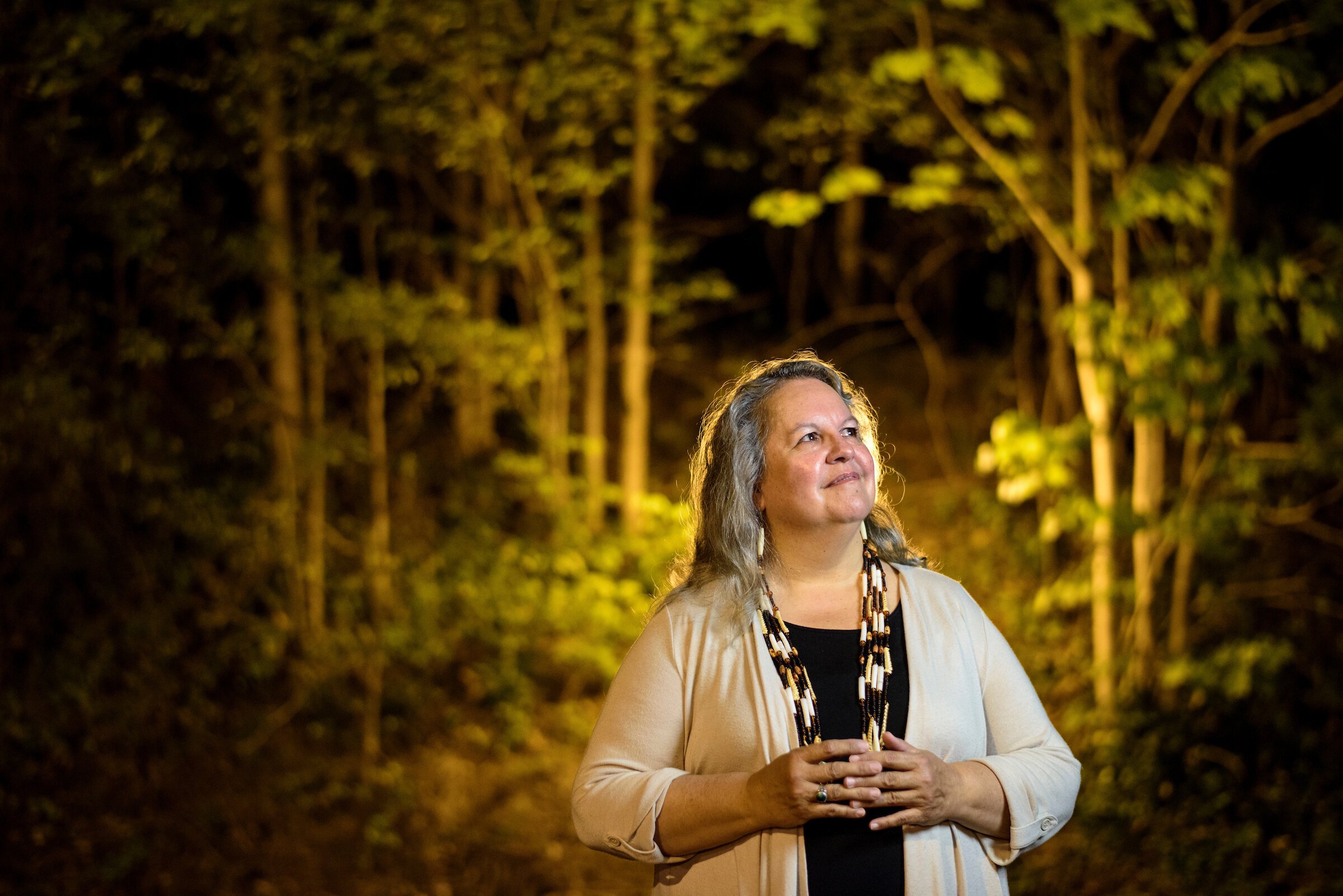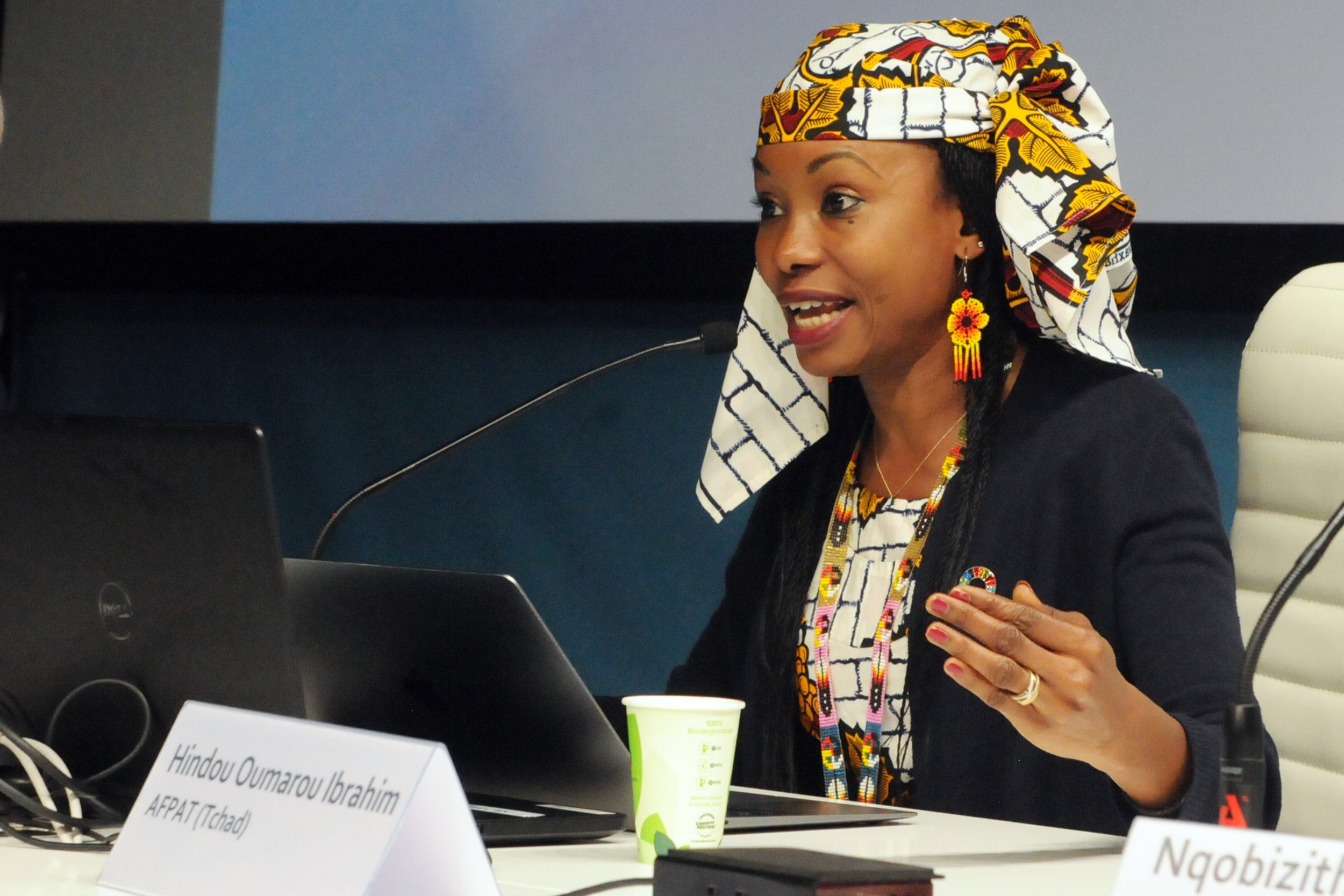Reciprocity, not Sustainability
Capitalism is finally acknowledging that it has reached a limit to its extraction methods, it can no longer keep taking from nature without consequence. In response, capitalism is employing more sustainable practices with sustainability or green technology at the top of most corporate agendas, however this is not going to be enough. Especially, if we are to reach meaningful planetary health goals that can also have a positive impact on human health.
Sustainability as defined by the U.S. National Environmental Policy Act of 1969 (NEPA), stating “create and maintain conditions, under which humans and nature can exist in productive harmony, that permit fulfilling the social, economic, and other requirements of present and future generations.”
It is evident this current framing of sustainability has not been effective in curtailing the damage and burden industry puts on natural ecosystems. The metric for its poor efficacy is in the polluted air we are forced to breath, the near full degradation of our biodiversity, the contamination of our water supplies, and the constant experience of climatic phenomena, such as fires, hurricanes, droughts, and flooding. In short, if sustainability was an effective tool for “living in harmony with nature” then we wouldn’t have problems we are currently facing. Therefore, we need another way, more importantly, we need to change how we mentally frame our relationship with nature so we can create high impact environmental justice.
Robin Wall Kimmerer | Photo © Matt Roth, 2017
We need environmental justice not sustainability, because sustainability does not explicitly address the conservation and restoration of nature for the benefit of nature itself. The destruction capitalism has done to natural habitats will now require a justice perspective, we have to fundamentally change our focus from consumption to conservation. Dr. Robin Kimmerer who is a professor of Environmental and Forest Biology at the State University of New York College of Environmental Science and Forestry and is part of the Potawatomi Peoples, speaks about our “gift” in her lectures. The gift being what we, as humans reciprocate all the many gifts that nature gives to us; medicine, nourishment, and shelter.
Our reciprocal gift to nature should be justice, which entails restoring damaged habitats, restoring biodiversity, protecting lands that have high environmental fidelity, and ensuring that Indigenous peoples, who have been historic land stewards are also protected.
A message from Cree Nation:
“ It’s not our right to keep taking when your feet hit the ground in the morning we should be thinking - what can we give”
4 New principles for Justice And Reciprocity
A mental reframing at a societal level. We can no longer expect for nature and its resources to bend to our will. This means that economic growth for the sake of growth/profits as dictated by capitalism has to stop. Nature is not for our objectification and consumption.
We have to restore and protect rather than offset. We are being led to believe if we simply replace what we do with more sustainable materials or green tech we will be ok. This is not the case, as all we are doing is changing what capitalism “sells” we are not actually engaging in real justice. For example, replacing our cars with electric vehicles without expecting to keep a car for a lifetime will still cause damage to ecosystems due to extraction of minerals. Not to mention it destroys Indigenous communities. Capitalism requires us to consume in vast amounts, so all we are going to do is switch to green consumption rather than participating in meaningful environmental justice. We need to follow the example of African communities who are busy restoring entire ecosystems and leading truly reciprocal lives with nature.
We need to look at supply chains of every single product and service we create. For example, LED lights are said to be the most energy efficient source of light yet, their supply chain is very dirty. They contaminate water supplies, they contain toxins, and can also pollute indoor air. Furthermore, they disturb the sleep wake cycles of various natural beings. Another example is food, yes we need to reduce meat consumption. However, many vegetarian products require copious amounts of water and cause vast ecological destruction. An example being soy products.
We have to actively give back. We have to enter into a reciprocal and equitable relationship with nature. This requires understanding what our “gift” is to the natural world.
Organisations need to take nature into consideration when looking at growth strategies. If their growth comes at a cost to nature, then it can’t move forward.
Each organisation should invest in active restoration of biodiversity and natural ecosystems. Industries must actively clean waterways, soil, and air, in addition to this industries can no longer engage in activities that pollute.
We have to protect the environments that have high environmental fidelity. We can’t use them for future growth (including green growth) as we can no longer afford further degradation.
Industries can no longer participate in taking Indigenous land for their own growth and consumerism.
Industries and companies should actively invest in direct Indigenous knowledge and land scholarship to help restore habitats.
We have to separate economics and capitalism from nature, in other words, we cannot use nature as our object of trade and manner from which to continue to build economics.
Reframe nature from an object that is only for human consumption and an active being that provides all beings with nourishment, shelter, and medicine- thus guaranteeing the survival of all living beings on this planet.
We have to stop centring human capital gains and consider the survival and benefit of all natural beings
CASE STUDY
Lake Chad is located in the Sahel region of west-central Africa, it provides food and water to over 50 million people. It also supports unique ecosystems and biodiversity that are important to planetary health.
Due to Colonialism and continual Western exploitation this ecosystem has dramatically and tragically shrunk, becoming a key symbol of man made climate change.
The local Indigenous communities are now leading its restoration and are also protecting it from further damage. One of its key leaders is an Indigenous woman and environmentalist Hindou Oumarou Ibrahim, who is calling on world wide attention to the region.
Her and others in her community are going back to Indigenous methods called zai, which requires digging pits to catch rainwater.
This technique concentrates soil nutrients and can boost crop yields by up to 500%. This technique is restoring the environment, lessening the burden on local natural resources, and helping feed people. It is this type of systemic reciprocal approach that is needed worldwide.
“Climate change is real and it's not about our future, it's about our present.”
- Hindou Oumarou Ibrahim




